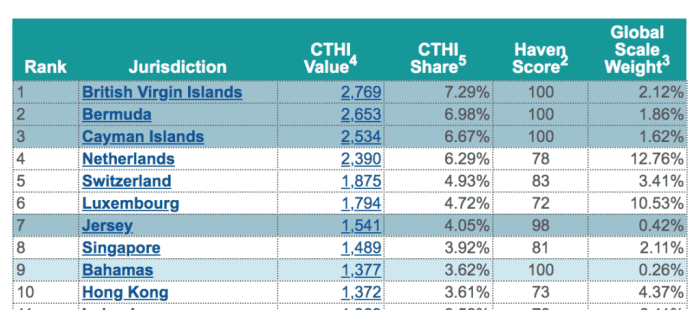
How Accounting Practices Differ Between Socialist And Capitalist Economies
How Accounting Practices Differ Between Socialist and Capitalist Economies is a fascinating area of study. The fundamental differences in ownership, resource allocation, and economic goals between socialist and capitalist systems profoundly impact their respective accounting practices. This exploration delves into the contrasting approaches to profit measurement, financial reporting, taxation, auditing, investment, and inflation accounting, revealing…













